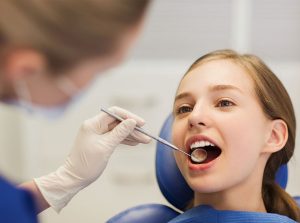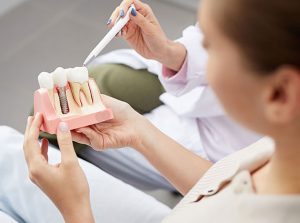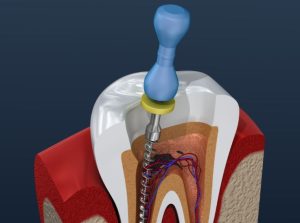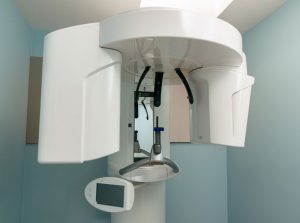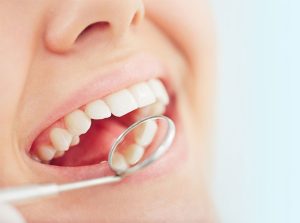Services
Childrens Dental Care
It’s never too early to see your dentist. It’s a great day when that very first tooth arrives. It’s also the day to think about bringing your child in to the dentist for a check-up. This ensures they’re more likely to have a fun, positive experience
Cosmetic Dentistry
Improving the look of your front teeth. Adhesive dentistry has been with us for many years but, recently, major advances have been made. So how can this technology help you and your teeth?
Dentures
Dentures are highly practical and cost-effective replacements for missing teeth. A full range is available independently or there are options on the NHS which are limited.
Root Canal Treatment
Root Canal Treatment is necessary when a tooth becomes infected. The pulp tissue deteriorates and this in turn can form an abscess. Intervention by your dentist depends on the symptoms that you are experiencing.
Digitally Dental
Whether we are seeing you for a first dental check-up, dental implants, or full-arch teeth in a day, you deserve the highest standards of care. This is why we use leading-edge dental technology with a human touch to assist us in doing exactly that.
Hygiene
Periodontal (gum) problems are common in the population. We believe in a prevention-based approach to minimise these and the hygienist service is central to this. We offer Guided Biofilm Therapy in the practice.
WHAT OUR PATIENTS SAY…
